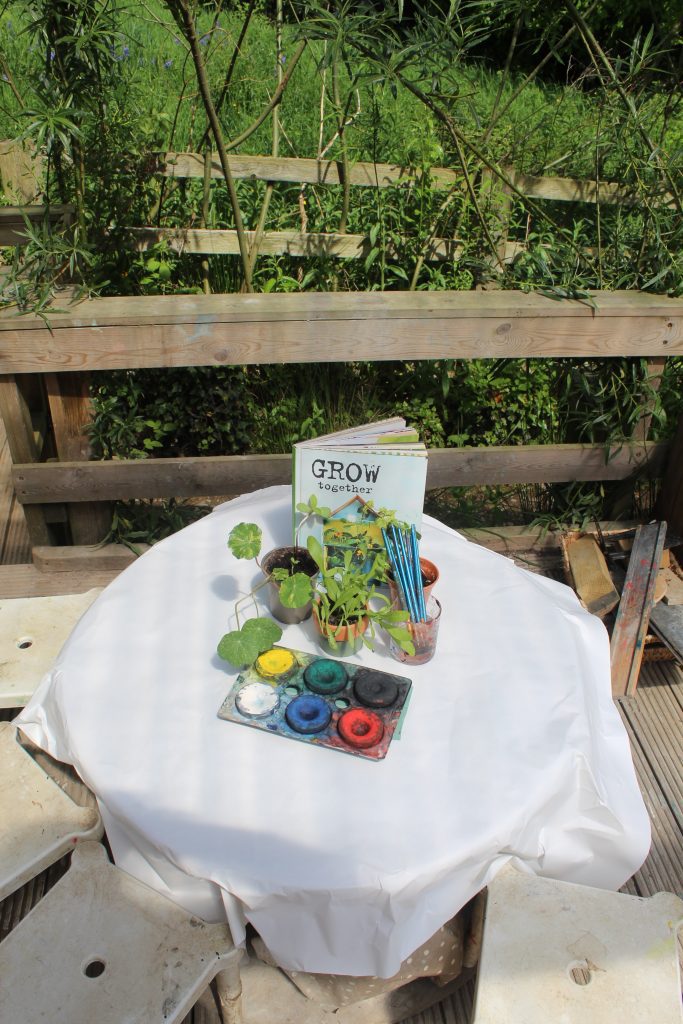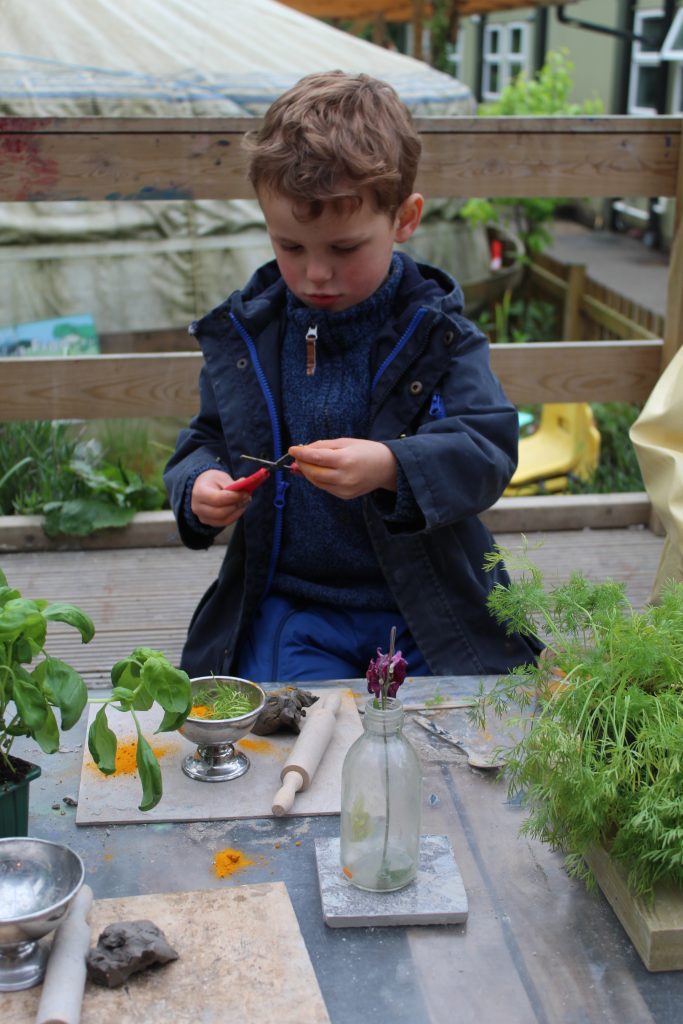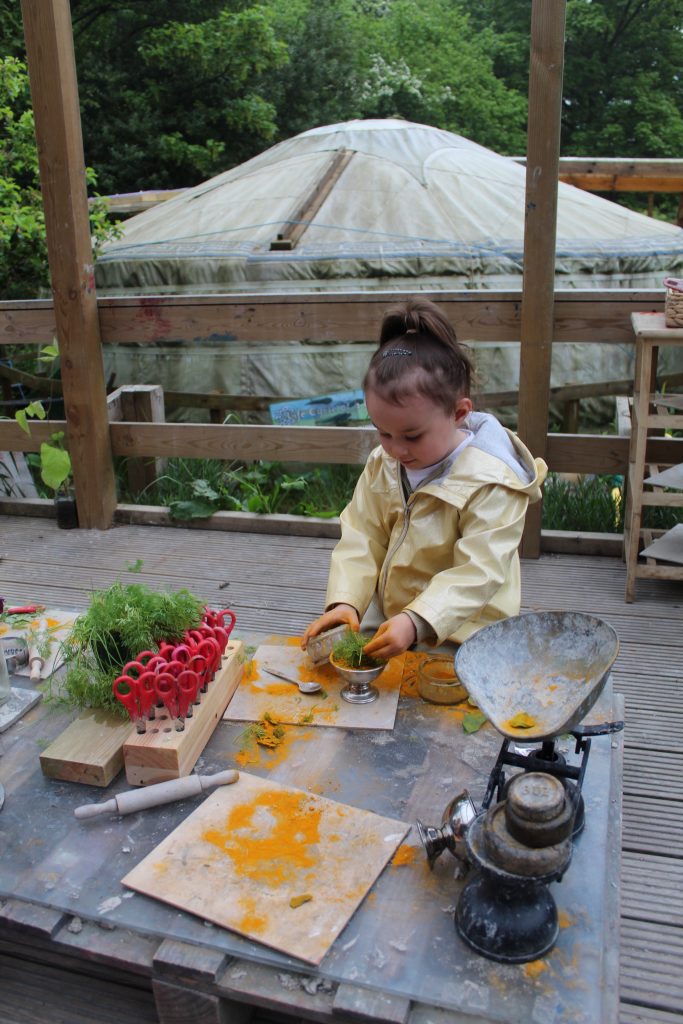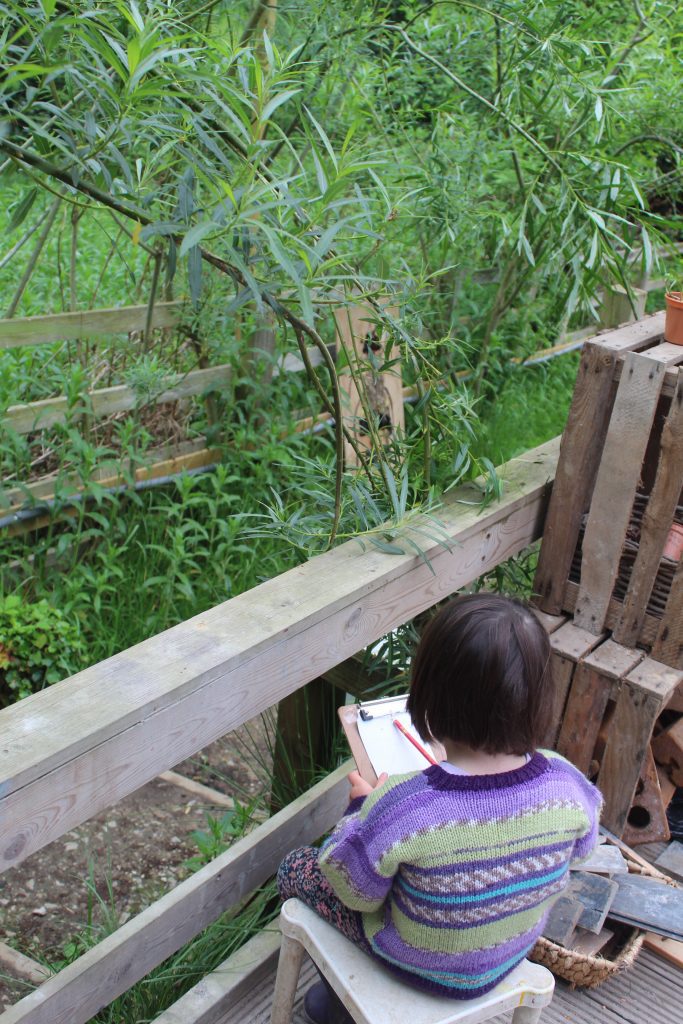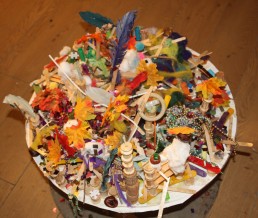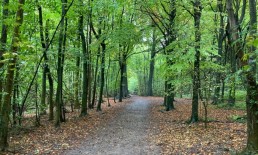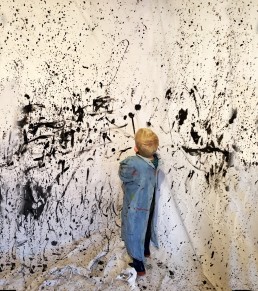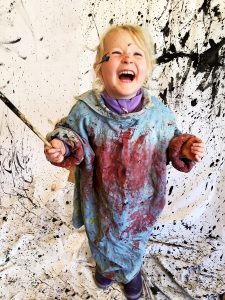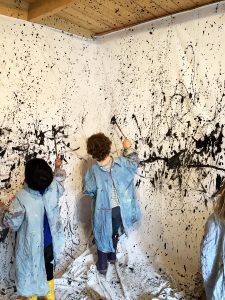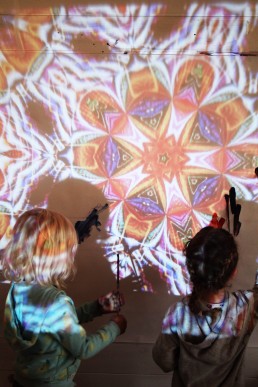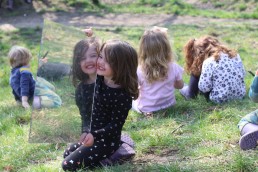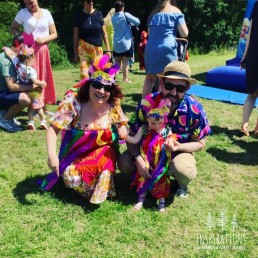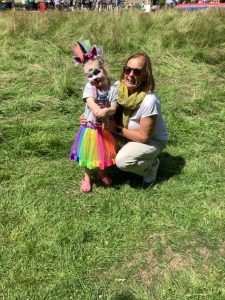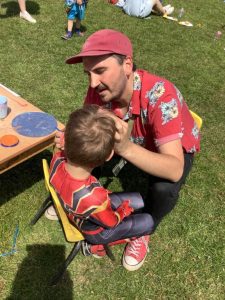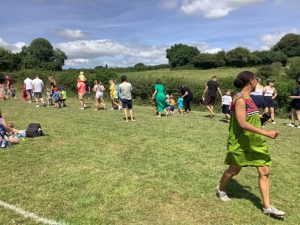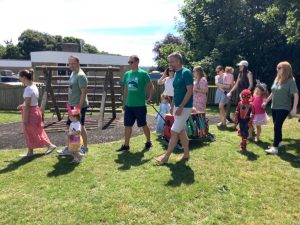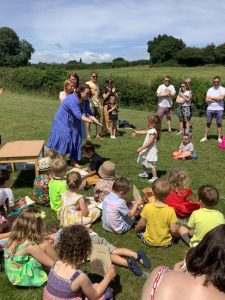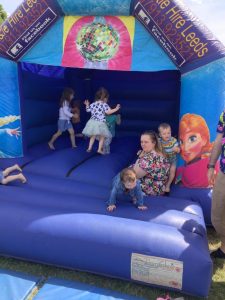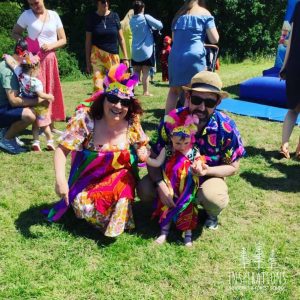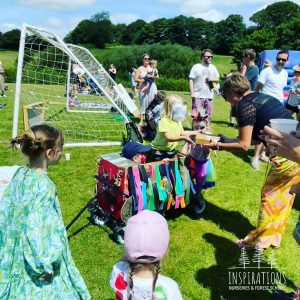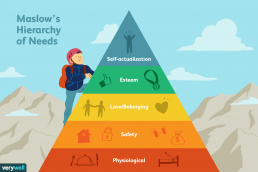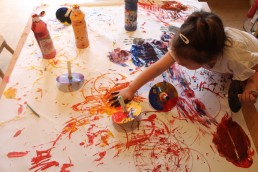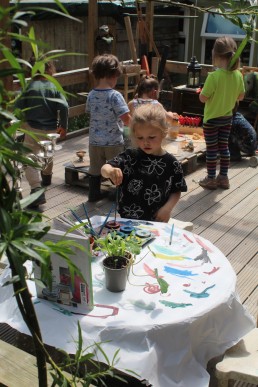The Sticking Table
Much more than just loose parts and glue
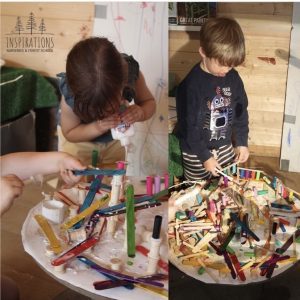 Back in June, shape and structure created from loose parts became a shared interest, the children would make 2D shapes and arrangements with lolly pop sticks. Naturally this progressed into 3D shapes as the children explored the idea of building upwards with bobbins and corks added in.
Back in June, shape and structure created from loose parts became a shared interest, the children would make 2D shapes and arrangements with lolly pop sticks. Naturally this progressed into 3D shapes as the children explored the idea of building upwards with bobbins and corks added in.
We wanted to find a way of making these structures more permanent, a way of their models being able to interact with each other instead of standing alone on a shelf. From here the Sticking table was created!
An old repurposed cable reel became a platform for these structures and ideas to play out, and old objects took on new roles with the help of some glue, a lot of glue in fact.
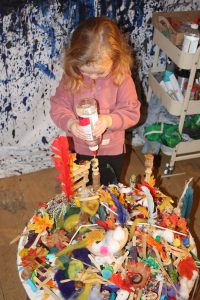
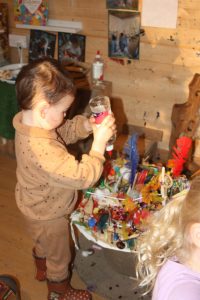
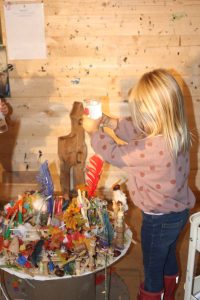
‘Sticky sticky glue’
The glue is poured from squirty bottles from heights, or from close distance, the children watch it pour and dribble. They watch how it builds up and falls off certain surfaces onto a surface below. They practice their aiming skills and try again when the glue doesn’t land where they had in mind. Children love being able to access resources them selves, the joy and independence they get from unravelling tape and pouring glue can’t always be fulfilled at home due to mess and waste, so this was the perfect place for them to pour glue to their hearts content. We used PVA, clear glue, old pen lids destined for the bin, feathers, wool, bobbins and sticks and each week the sticking table carried through with a new story.
The sticking table has been a house, a nest, a city, and a dragon house. For now the sticking table is going though a seasonal autumnal phase as conkers and leaves are added to the mix.
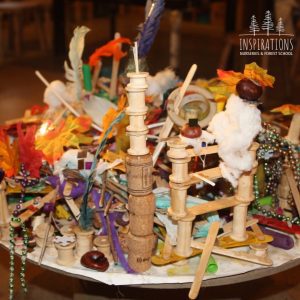
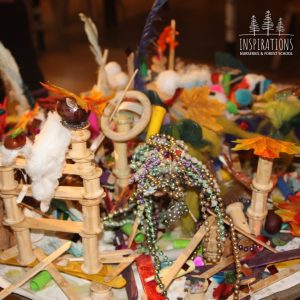
Having a long term project along side other activities can be a great way to allow children to practice and repeat skills, by revisiting ideas from weeks before they are able reflect on their ideas and build confidence. Schemas are a repeated pattern of behaviour that a child will go through whilst discovering how the world works. It is through this urge of repetition our children are given the time and opportunity to extend on their thinking and learning.
It can be hard as educators to have the chance to leave a project out, tidy up time is a necessity particularly in spaces where meal times take place. So the sticking table is the perfect place for them to come back to a scene that has not been tidied away from the last time they were in the Art Studio. The perfect opportunity for them to deepen their cognitive development. Because how else can our children reflect on their work and ideas when they return to a project that has been tidied away.
Only the children can predict where the sticking table will go next, but as each new group of creative minds come together to take ownership of it, it will, no doubt, take on a brand new adventure and identity over the coming weeks and months.
-Nathalie
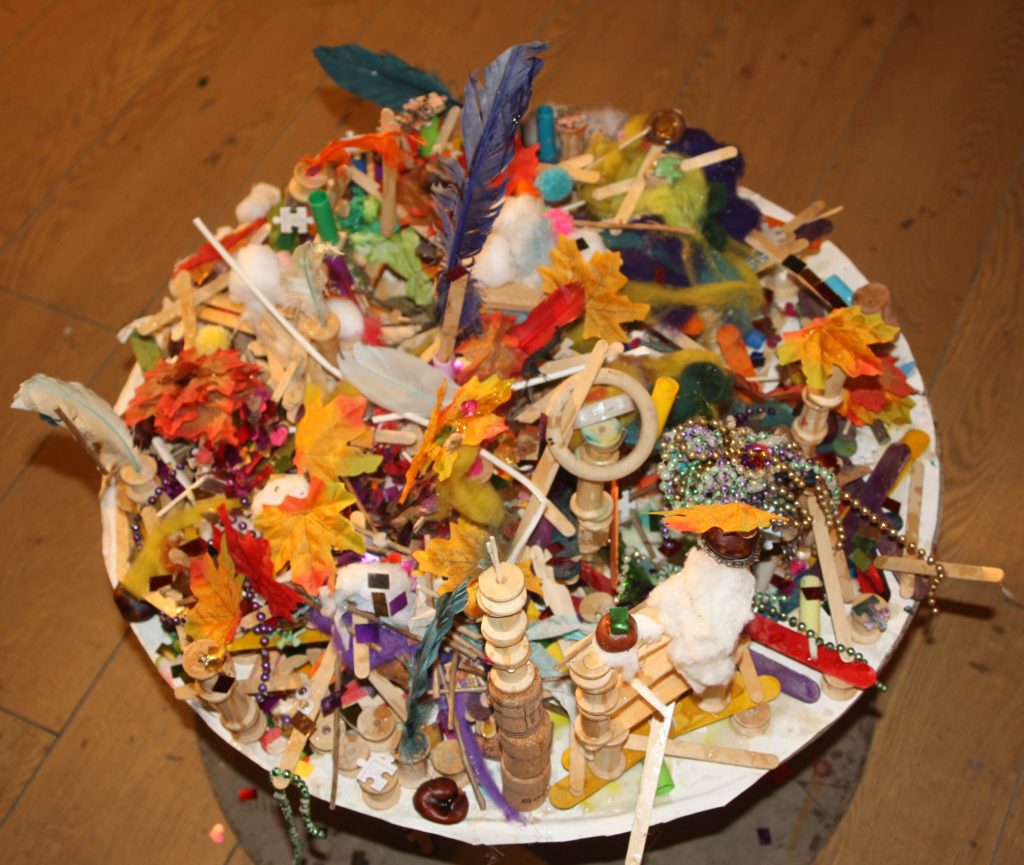
Forest School in the News

'There’s magic to the woods when it rains. Something otherworldly, Narnia-esque; I can’t imagine why anyone would want to be stuck indoors. It’s wet, but not too wet – the rain falls on leaves above me and most of it channels along branches and trunks. There are few people here, and I can stop and look at things without being noticed. Blackbirds turn leaves, robins sing a sad song, there is, briefly, a chiffchaff.
The woods seem cleaner, fresher during rain. Dust and other residues wash off leaves until they glisten, water pools among the tree roots, and the rest is swallowed by grateful earth. Everything feels new, including me. Is this forest bathing?'
Read the full article here:
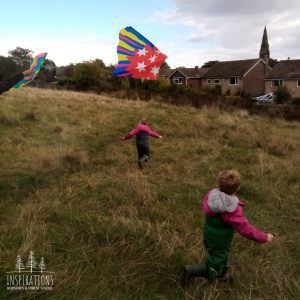
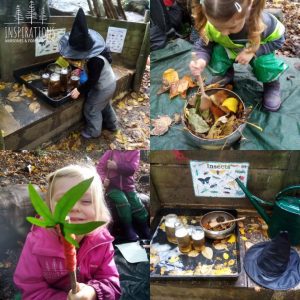
Art vs Craft
What is a craft?
A creative activity with a predetermined outcome and there is nothing wrong with it, it can be a nice way to relax or create a keep sake, particularly for adults. In fact new skills can be learnt in the process and concentration skills can be encouraged. Take for example knitting, and sewing, a skill that needs to be learned with instruction in order to create the desired outcome.
However, at Inspirations we believe there is a time and a place for a craft, and we would much rather encourage unique creativity without boundaries. With everything we do and make in life we draw inspiration from other peoples ideas, take for example the current interest in Jackson Pollock in the Art Studio. His method of painting has inspired us to try it our selves, but when it came to creating this piece of art, through trial and error and experimentation, the outcome is decided by them, and that is the important factor.
Who are we to tell our children what their art should look like?
We believe there are more creative options to crafts. By providing our children with tools, and telling them what to make and how it should look is projecting our ideas onto them, when the children should be at the centre of their own learning. Our role is not to tell a child what colour something should be, and we most definitely shouldn't be giving our opinions on how 'good' something is at the end of a creative session. These restricting activities have the potential for huge disappointment and create a barrier to the child venturing down their unique path of creativity. At Inspirations we use encouragement over praise, and if a child is looking for a comment on their drawing I will try to use factual language such as 'i see you used lots of green!' 'you seemed really focused whilst making that' or 'you must be really proud of that'. Factual statements instead of us giving our opinion will help build self esteem instead of encouraging them to do things to impress others.
We are a place where mistakes are part of the journey, and the process holds more importance than the end result. Open ended activities are important in early child hoods development. Of course they promote imagination and creativity, but they also encourage problem solving skills and social emotional development. Creativity doesn't just include drawing and making, it includes role play, dress up, music, building from cardboard boxes, magnets, loose parts, building blocks..the suggestions are endless and all a part of the 100 ways of learning. They piece together to make each unique child, who has learned new skills and ways of learning through experimenting and ideas, with us there to ask open ended questions.
How can we help support creativity?
Whilst allowing our children to play and learn we can support them by asking open ended questions. They might not always answer, a good sign they are truly engaged, but some questions you can ask at the right time will support them in extending upon their own learning.
- Tell me about that?
- Why do you think…?
- How do you know…?
- I wonder what might happen if you...?
- Why do you think this happened?
- I wonder if you will add anything?
- What can you do about it?
- What do you think would work?
- How do you think it could work?
- Can you do it another way?
- How are these the same?
- How are these different?
- What do you think comes next?
- What else can you do?
- What does it remind you of?
So next time you come to do a craft, why not encourage your child to take a unique spin on it. By removing that set outcome you will find the pressure is gone and creativity flourishes.
-Nathalie
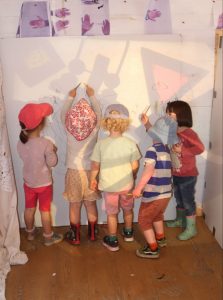
Exploring Pattern in the Art Studio
This week in the Art Studio has had a child led focus on pattern, but how did we get there? Last month we found a butterfly on the decking that was no longer alive. The children shared ideas on what might have 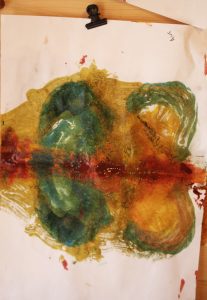 happened? 'It got stung by a wasp!' 'It was eaten by a fox!'
happened? 'It got stung by a wasp!' 'It was eaten by a fox!'
Whilst they came to their own conclusions we brought the butterfly into the Art Studio for a close examination. Out came all the research books as we identified it as a 'Speckled Wood'. The butterfly inspired some drawings, which lead onto paintings with particular focus on the wing patterns and colours.
This naturally lead onto art work and printing techniques by folding the paper to make prints of butterfly wings as we learnt a new word 'Symmetrical'. Their symmetrical patterns progressed and this interest strayed away from the butterfly and lead onto pattern within art using various techniques.
This week we took our pattern painting onto a large scale with the added media of light and shadow as a kaleidoscope was projected onto the wall. We also used clay to create pattern by imprinting beads and various other loose parts.
The Art Studio as well as being a Reggio Inspired place to explore project based learning is also a space for our children to explore new surroundings and new friendships in smaller groups. For some it is their space to build with the magnets, notice new books, experiment with different art materials and explore shadows on the projector. It is a space that can be quiet, a space that can be loud, where we play instruments and sing with the ukulele, and a space with provocations, a space that is rearranged whenever new interests emerge. With between 6 and 8 children in each session it can be the perfect opportunity to hear the children's voices which guides our planning.
Here's some of this weeks photos from the Art Studio.
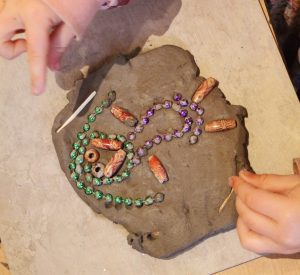
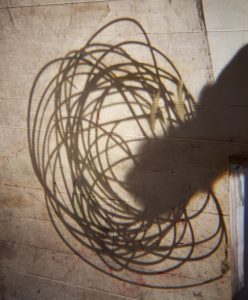
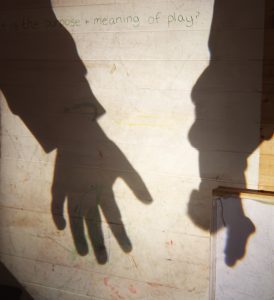
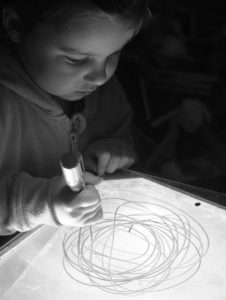
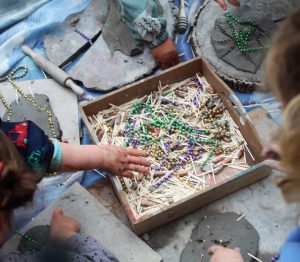
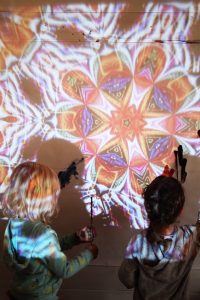
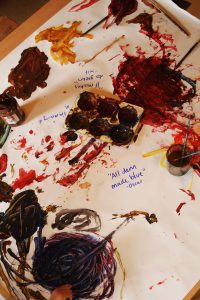
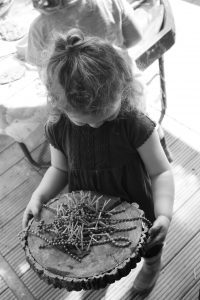
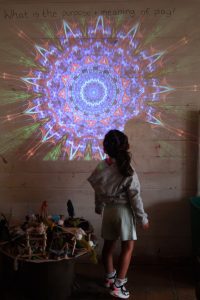
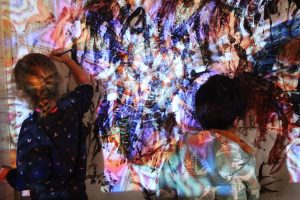
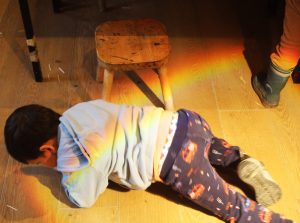
Transitioning to School
Inspirations nurseries endeavour to not only prepare children to be ‘school ready’ but do all we can to support their well-being around this time. Firstly, we gather information as to which school the children are going to and chat to them about their new school. We then contact each school and invite the reception teacher to come visit their new children to see them playing in a familiar setting at either Horsforth and Adel.
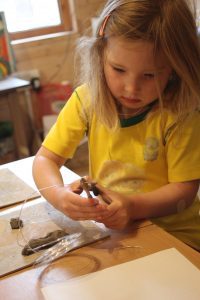
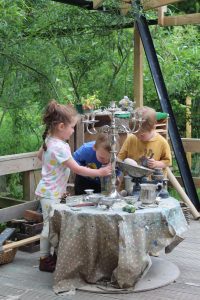
Most children will attend sessions at their new schools, but they can often feel shy, therefore seeing them at nursery gives them a true idea of their personality and the children often feel more confident to talk to them.
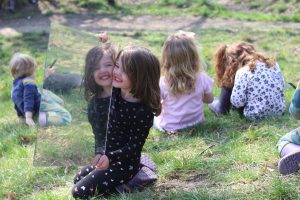
Key persons then begin to write notes for their transition reports that will go to their new teachers and home to parents. These include information on any support needed, what the children are interested in and like to do, and their ‘characteristics of effective learning’, how they prefer to learn. We also include a parent section as this contribution is extremely important because they know their children better than anyone. All this information is then used to settle in, support and assess new children once they start school.

Inspirations wants our children to feel excited and positive about this change so we hold school groups where we will read stories about starting school and share our thoughts and expectations throughout. We have found that the children naturally begin to role play ‘schools’ and encourage this by providing uniforms, registers, books and resources to enhance play. Practitioners often observe this play, listening for any questions or anxieties we can sensitively address during our group times.
Finally, we have a graduation party for our leavers. A photographer is invited to take individual photos of the children in their caps and gowns being presented with their leaver certificates, parents can then keep these photos as a special reminder of this early years’ experience.
We are always sad to see our children leave us but are happy and confident we have done everything we can during the time they have been with us to prepare them for the future. We wave them goodbye with pride and best wishes.
From this week up until September we start to say our goodbyes to our school leavers, some who have made the most of a short time here, others who have been with us since they were babies. We wish all our school leavers luck with their next adventure and hope you come back to visit.
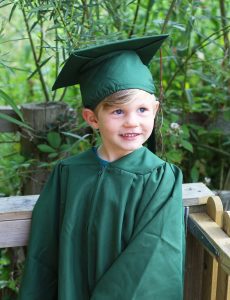
Summer Carnival 2022
Saturday 9th July we all came together on the field behind Nursery to have a carnival style summer party and to celebrate our soon to depart school leavers. We had bouncy castles, a steel drum band, face paints. a parade and costume competition, BBQ and a school leavers ceremony. Thank you to Truly Scrumptious and 1Toy2Play in Horsforth for providing our prizes for most colourful, and most innovative costume. We all had a wonderful day in the sunshine and we hope you did too.
https://www.youtube.com/shorts/fCqJB1hT4Eg
Transitions Within Nursery
Once that blissful Maternity leave you have just shared with your little one draws nearer to an end and the dreaded time comes to go back to work, beginning the transition process in to a Nursery, childminder or Nanny starts and it can be a big and daunting step for you and your little one. All sorts of emotions will come with this as you will no doubt be worried, sad, nervous, and anxious about leaving your child for the first time. However please be assured the settling in process supports you and your child to overcome these negative emotions and instead, make you feel happy, excited and reassured about this next milestone.
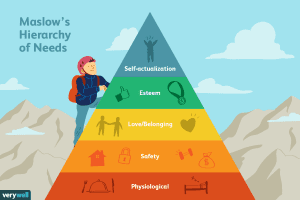 Young children starting a Nursery need support to enable them to adjust to a temporary separation from their family. Maslow’s Hierarchy of Needs demonstrates that children need to feel as safe, comfortable, and secure within the environment before they are able to move on to any other learning opportunities. Building a close bond with their Key Worker and the other Educators is particularly important so that they know they have someone to comfort them and make them smile when they are feeling a little sad. We aim to provide as much continuity and care as possible.
Young children starting a Nursery need support to enable them to adjust to a temporary separation from their family. Maslow’s Hierarchy of Needs demonstrates that children need to feel as safe, comfortable, and secure within the environment before they are able to move on to any other learning opportunities. Building a close bond with their Key Worker and the other Educators is particularly important so that they know they have someone to comfort them and make them smile when they are feeling a little sad. We aim to provide as much continuity and care as possible.
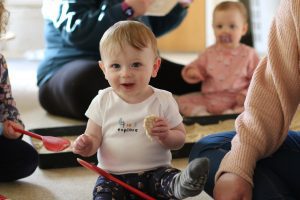 As children develop from birth throughout childhood this change involves a process for them to adapt their thoughts, feelings and behaviours to meet new expectations and even though this blog focuses on Transitions in to Nursery and between room bases, by the time they reach school age, they will more than likely of experienced more than just these transitions in their life. Depending on circumstances the child may be forced to attend more than one setting during the week and one of the big transitions they face is school. Next weeks blog will focus on transitions to school.
As children develop from birth throughout childhood this change involves a process for them to adapt their thoughts, feelings and behaviours to meet new expectations and even though this blog focuses on Transitions in to Nursery and between room bases, by the time they reach school age, they will more than likely of experienced more than just these transitions in their life. Depending on circumstances the child may be forced to attend more than one setting during the week and one of the big transitions they face is school. Next weeks blog will focus on transitions to school.
The Transition to Nursery is like a journey and takes time, preparation and planning. It is important to us that Parents and the Educators work together to make the process as smooth as possible.
The Procedure at Inspirations is as follows-
Under 2's
- A phone call is made to parents, by either the room leader or the Deputy room leader 4-6 weeks prior to the start date and a discussion is had to book in the home visit and settling in visits. It is also a chance to have a chat and ask any questions you may feel unsure about.
- Home visit 3-6 weeks prior to start date (applies to 2-year funded children also)
- Transition visits in to setting 1-2 weeks leading up to first day (1 x 1 hour with Parent, 1 x 1 hour on own and 2 x long visit (3-4 hours) over sleep and lunch or lunch and sleep depending on routine at time)
During these periods of settling in, we aim to share information and build up a picture of the child’s starting points, give a parent pack which will show pictures of the room they will start in along with pictures of the staff (identifying key worker and what their role is) and an overview of the daily routine. We give a parent handbook, check through paper work and talk about/document the routine they are currently following at home. We introduce their Key Worker and discuss any other information you feel relevant. It is also chance to speak about any allergies or dietary requirements
From 2-3 Years and Older
- A phone call is made to parents, by either the Room Leader or the Deputy 4-6 weeks prior to the start date and a discussion is had to book in the settling in visits. It is also a chance to have a chat and ask any questions you may feel unsure about.
- Transition visits in to setting 1-2 weeks leading up to first day (1 x 1 hour with Parent, 1 x 1 hour on own and 1 x long visit (3-4 hours) over lunch or tea
During these periods of settling in, we aim to share information and build up a picture of the child’s starting points, give a parent handbook, check through paper work and talk about, document the routine they are currently following at home. Introduce Key Worker and discuss any other information you feel relevant. It is also chance to speak about any allergies/dietary requirements
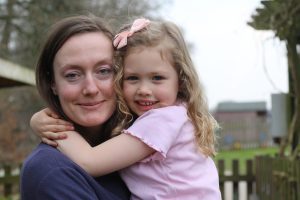 The procedure for room transitions is the same however, the conversations and planning happens between the Room Leaders, and the Key Worker attends the first visit with them. The Key Worker completes a transition form and takes this through on the first visit, this indicates starting points for the child and any other information that needs to be passed on.
The procedure for room transitions is the same however, the conversations and planning happens between the Room Leaders, and the Key Worker attends the first visit with them. The Key Worker completes a transition form and takes this through on the first visit, this indicates starting points for the child and any other information that needs to be passed on.
The impact of our procedures has shown us that the time given for them to settle in before starting is more than sufficient and during this time they have began to familiarise themselves with the environment and the Educators, in particular their new Key worker. However, if there is a chance it hasn’t gone as planned, we can offer additional support by allowing more settling in visits.
All this ground work to ensure smooth transitions helps create the right environment for your children to become confident little leaners here at Inspirations.
“If children feel safe, they can take risks, ask questions, make mistakes, learn to trust, share their feelings, and grow.” ~ Alfie Kohn
-Ashleigh
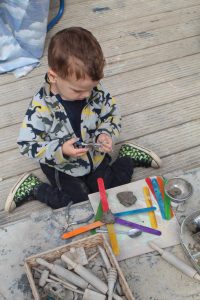
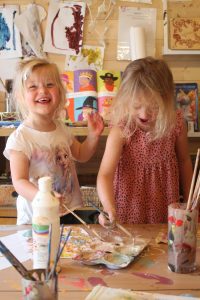
The Issue around Aprons
Messy Little Learners
Aprons: the solution to a mess free creative session, right? But what if you think about the real objective of creativity. Is staying clean really the main priority when it comes to nursery or are we as adults simply putting unrealistic expectations on our children? The very act of making art is to experiment hands on with materials and ideas, and at Inspirations we have found that forcing children to wear an apron limits this creativity.
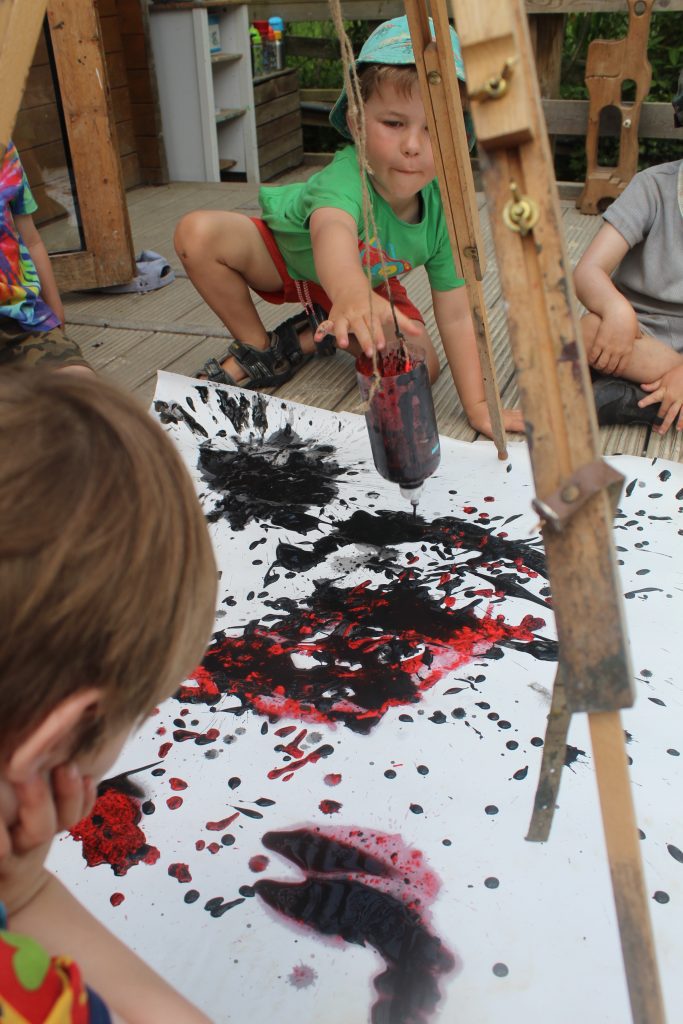
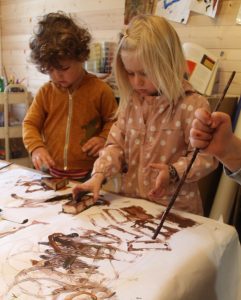 As a nursery we used to enforce aprons, but noticed this shortened creativity, interrupted learning or put the children off all together. Our environment is the third teacher. Our setting is set up to reflect this, to invite children to explore independently and learn through exploration. Each area is set up with an invitation to play and get involved. Let’s think about this from the child’s point of view, a child approaches an area with resources and paints and picks up the paintbrush. By this point the child is engrossed, excited, bouncing around ideas in their head. Brain development is happening right now and the synapse in their brain is firing rapidly...and we stop them to put an apron on.
As a nursery we used to enforce aprons, but noticed this shortened creativity, interrupted learning or put the children off all together. Our environment is the third teacher. Our setting is set up to reflect this, to invite children to explore independently and learn through exploration. Each area is set up with an invitation to play and get involved. Let’s think about this from the child’s point of view, a child approaches an area with resources and paints and picks up the paintbrush. By this point the child is engrossed, excited, bouncing around ideas in their head. Brain development is happening right now and the synapse in their brain is firing rapidly...and we stop them to put an apron on.
What does this tell the child? That the neatness of their clothes are more important than their learning? Does it tell them that instead of observing their excitement and eagerly awaiting to see their approach to this activity we are instead simply seeing the negatives of making a mess. Not only that, but we are also interrupting cognitive brain development in that very moment, something we as a nursery work very hard not to do.
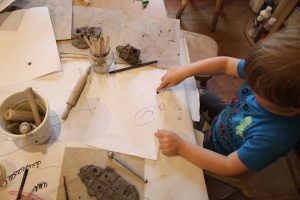
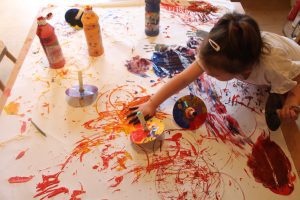
Art is Messy
We always suggest sending your child to nursery in clothes that you don’t mind getting dirty. After all, a paint stained T shirt can still be a clean one, so wear it again and again.
There are of course times when aprons are strongly encouraged in the Art studio, when using dye’s and inks or techniques that involve throwing and splatting paint. We also have aprons available at all times so the option is always there, but we would never give the child an ultimatum when it comes to not wearing one.
As mindful nursery educators it’s our role to place the child at the forefront of everything and to give them to opportunity to create rich meaningful connections to the world. After all, imagine a nursery where your child returned home at the end of each day as clean as they were at the start?
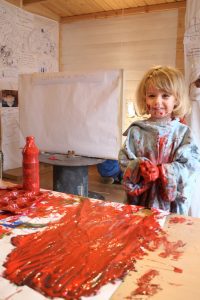
.
Teaching Maths through Nature
In my last blog ‘Lets Shake Up Education’ (25th March 2022) I highlighted my personal issues with today’s education system and explored the idea of schools being encouraged into an alternative method of teaching, potentially along the lines of Inspirations’ philosophy and pedagogy of child centred learning and adult/child collaboration and team work.
 In our current mainstream schooling system we have reduced teaching maths (along with a myriad of other subjects) to a behind the desk repetitive, memorising task with little to no practical, exciting exploration of content. It is hardly surprising then to note that a recent US study from The National Centre for Educational Statistics, suggested that approximately 70% of year 4 girls report an interest in maths, but by year 8, this figure had fallen to 53%, the largest decline during any period of time in a girl’s K-12 experience. For boys, 69% report an interest in maths in year 4, declining to 58% by year 8.
In our current mainstream schooling system we have reduced teaching maths (along with a myriad of other subjects) to a behind the desk repetitive, memorising task with little to no practical, exciting exploration of content. It is hardly surprising then to note that a recent US study from The National Centre for Educational Statistics, suggested that approximately 70% of year 4 girls report an interest in maths, but by year 8, this figure had fallen to 53%, the largest decline during any period of time in a girl’s K-12 experience. For boys, 69% report an interest in maths in year 4, declining to 58% by year 8.
Part of our philosophy here at Inspirations, is learning through nature, and when you really look closely, you can see so clearly maths throughout natural structures, it is in fact at the heart of all things natural! As The Centre for Learning Through Nature so aptly describes it-
‘It is ironic that teaching maths this way (though nature) should be considered innovative: Nature has long been the inspiration for the development of mathematical ideas. Mathematicians throughout history have marvelled at the fact that maths seems to “fit Nature like a glove.” “How can it be that mathematics,” Einstein famously wondered, “being after all a product of human thought independent of experience, is so admirably adapted to the objects of reality?” Galileo simply put it this way: “Mathematics is the language with which God has written the universe.”
 Indeed, mathematicians have discovered mathematical rules in the nature of light and gravity, in the shape and movement of planets, in rivers and trees, and in the beating of people’s hearts. It might fairly strike some as strange, then, that maths education so rarely has any Nature in it.’
Indeed, mathematicians have discovered mathematical rules in the nature of light and gravity, in the shape and movement of planets, in rivers and trees, and in the beating of people’s hearts. It might fairly strike some as strange, then, that maths education so rarely has any Nature in it.’
I ponder why this is so, it saddens me that it is. I know for certain I would have been so much more involved in a maths curriculum if it had, and my children too.
If you are interested in supporting your child’s mathematical development through practical, outdoor lead, nature enriched activities then think about going on an expedition to find:
1) The Fibonacci Sequence: a sequence of numbers beginning with 1 and 1, with each subsequent number being found by adding the two previous numbers together. Therefore, after 1 and 1, the next number is 2 (1+1). The next number is 3 (1+2) and then 5 (2+3) and so on.

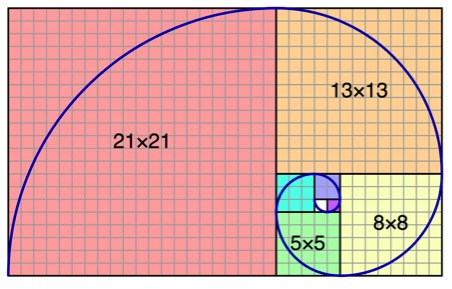
2) Fractals: meaning the same basic shape is seen again and again in the shape itself, if you were to zoom way in or zoom way out, the same shape is seen throughout. Take a look at a fern leaf for example.
3)Shapes: hexagons in honeycombs or try blowing bubbles and see what shape you make.
4)Concentric circles: look at the circles in a tree stump or draw some in the mud.
Our whole galaxy is a mixture of these incredible mathematical principles, why then is our maths curriculum not giving our children the opportunities they deserve. Opportunities to explore these truly exciting principles?
I for one don’t understand, and the system in my view must change. A change in the right direction could give our children back autonomy over their own learning, to find the excitement of learning and exploring within and of nature. Who knows, maybe, like Galileo and Einstein, they too might discover some new principle of the universal language of maths, an opportunity not likely to happen sat behind a desk following a prescribed performance related curriculum…
What do you think?
-Nicola


This week in the Art Studio
After noticing the children making use of the Lavender growing around the Art Studio I followed their interest by bringing in a range of herbs and spices. This week the children combined these with water, clay and turmeric and lead their own learning with the help of some kitchen tools.
One group of children used the lavender to make 'Lavender Perfume', others made 'pancakes', 'birthday cakes' and 'salads.' Come and take a look!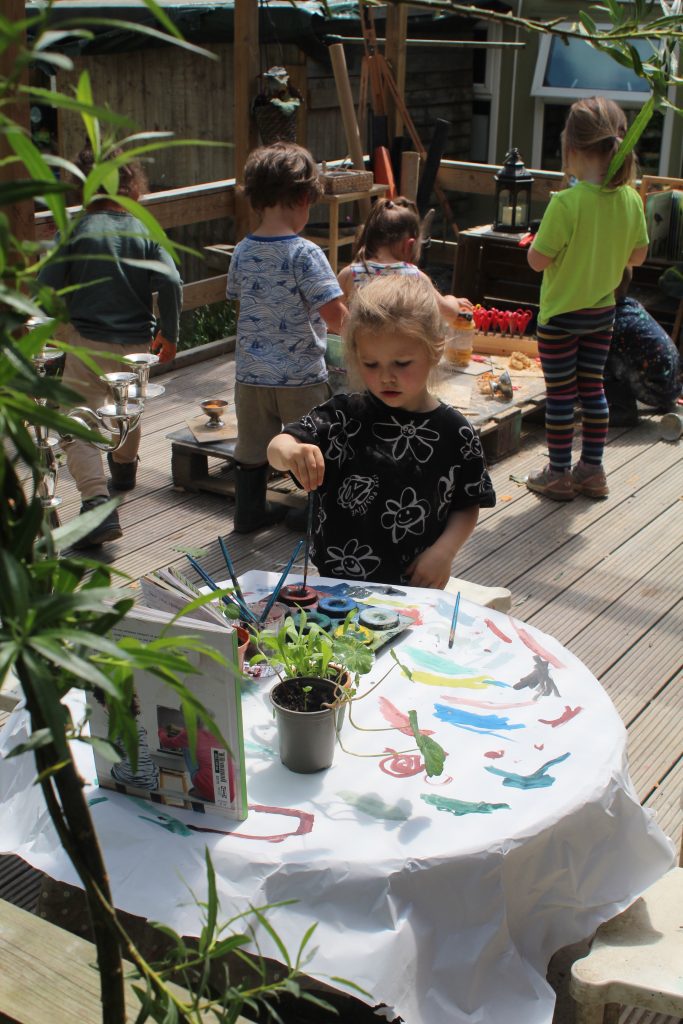
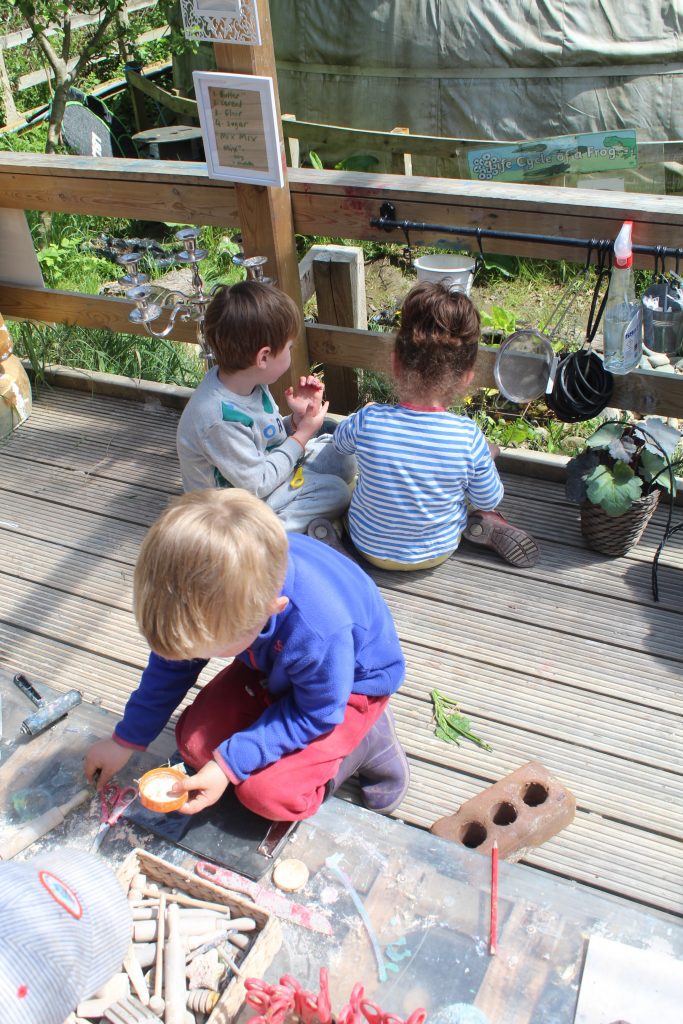
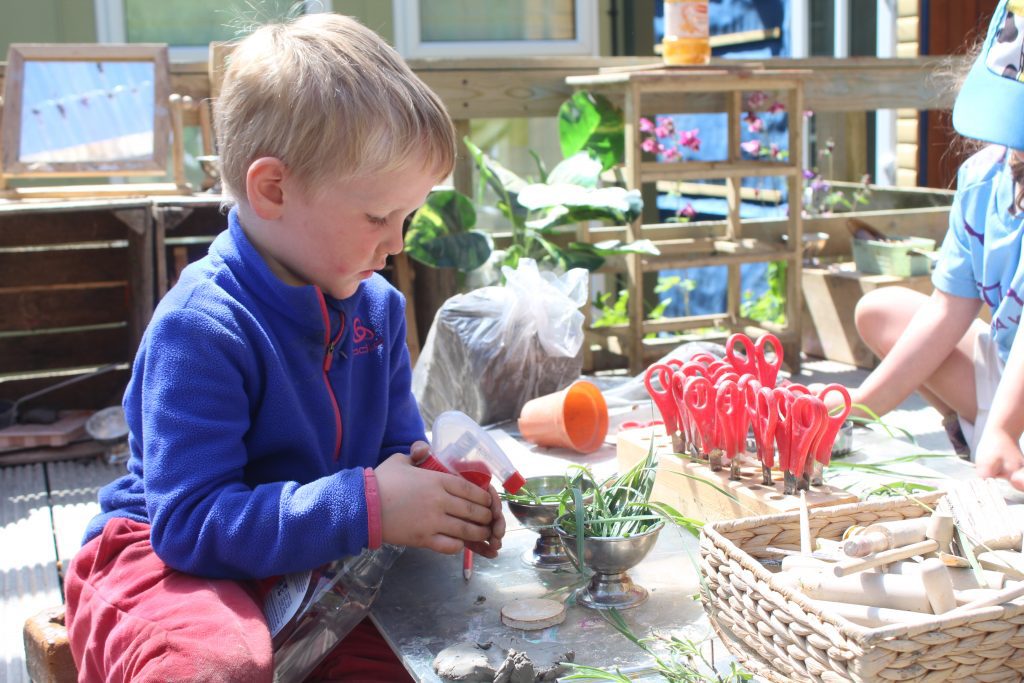
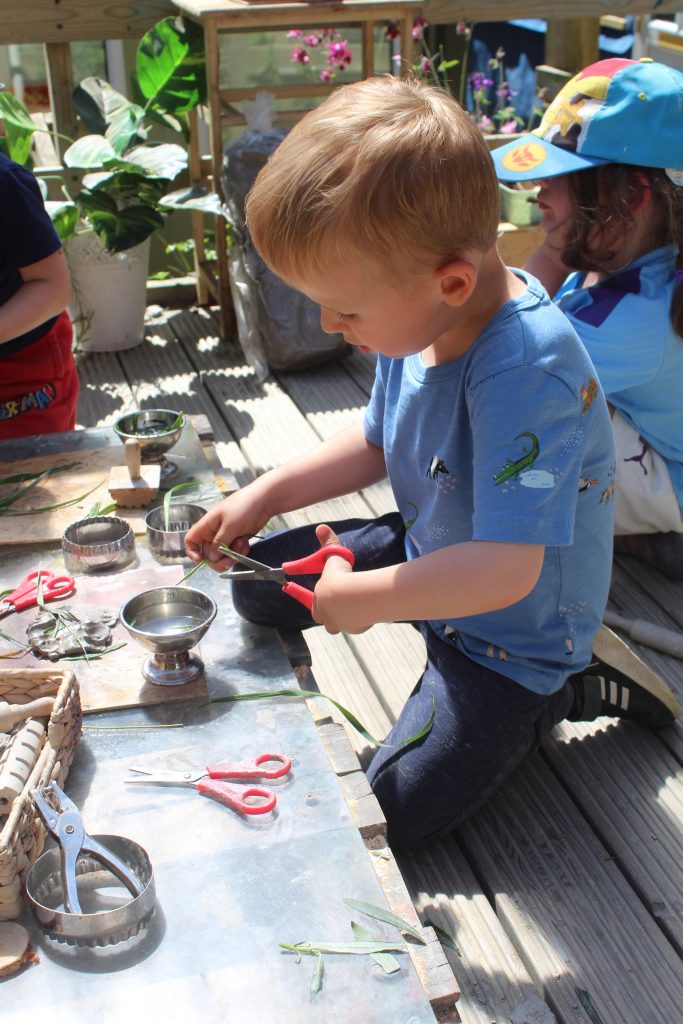
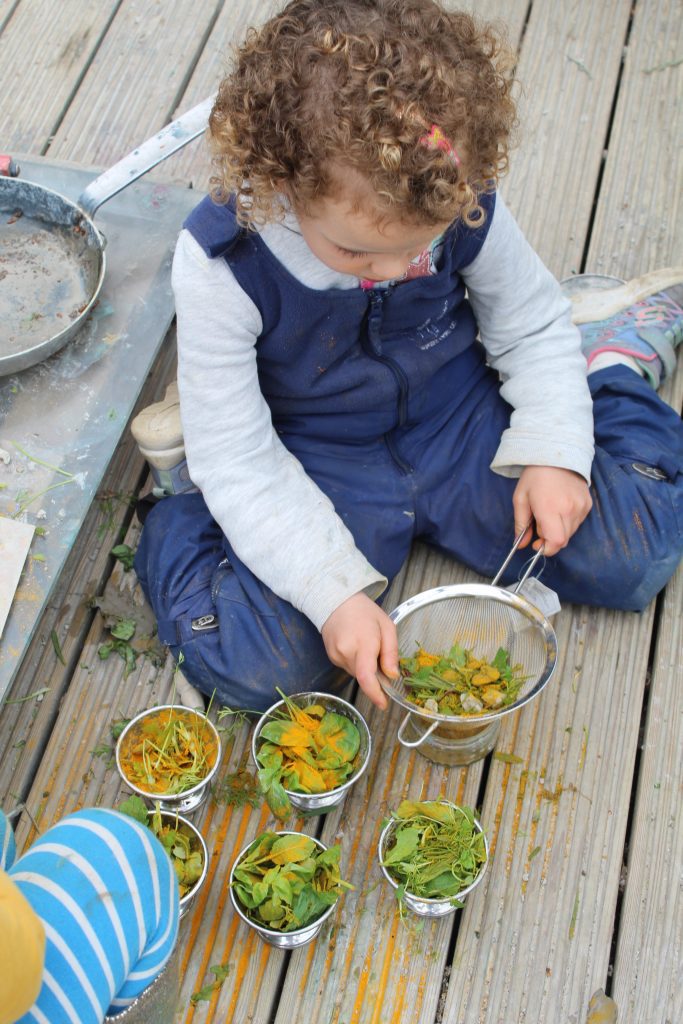
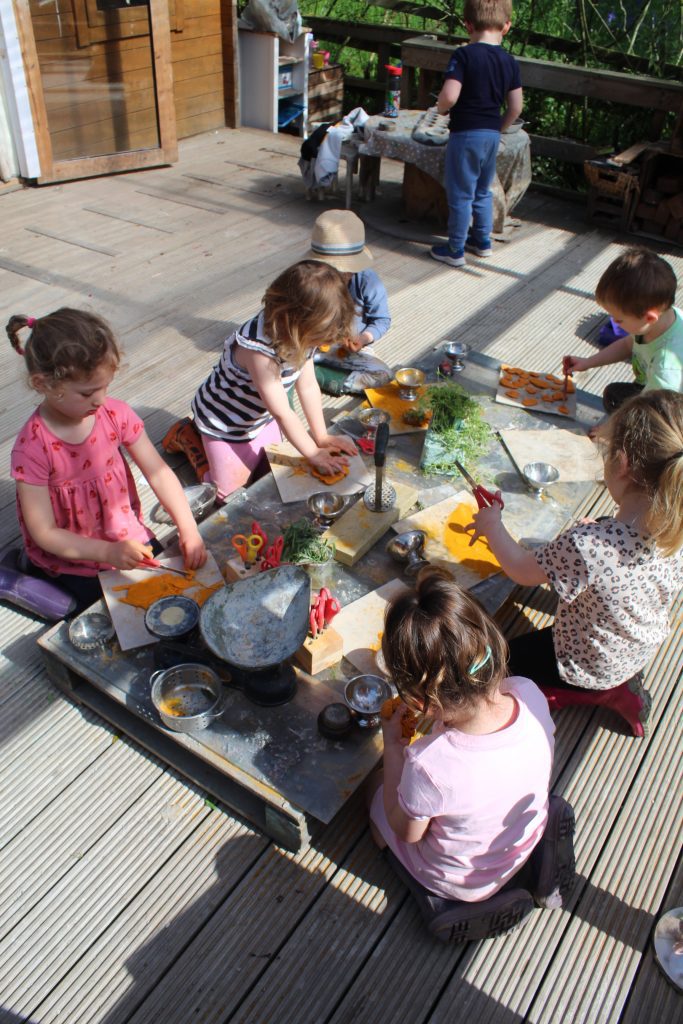
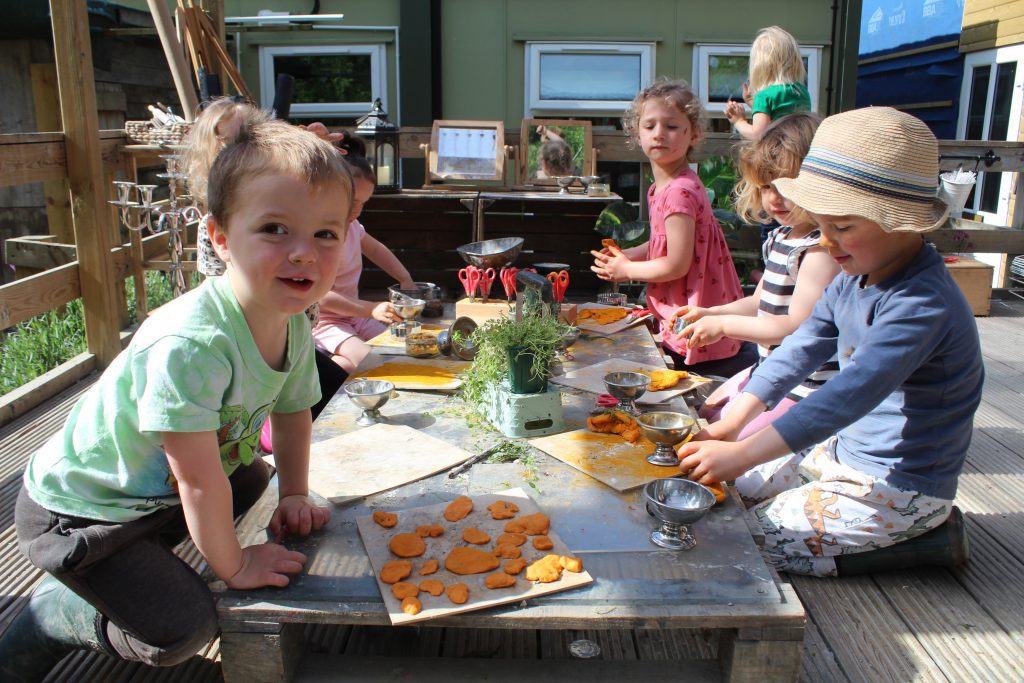
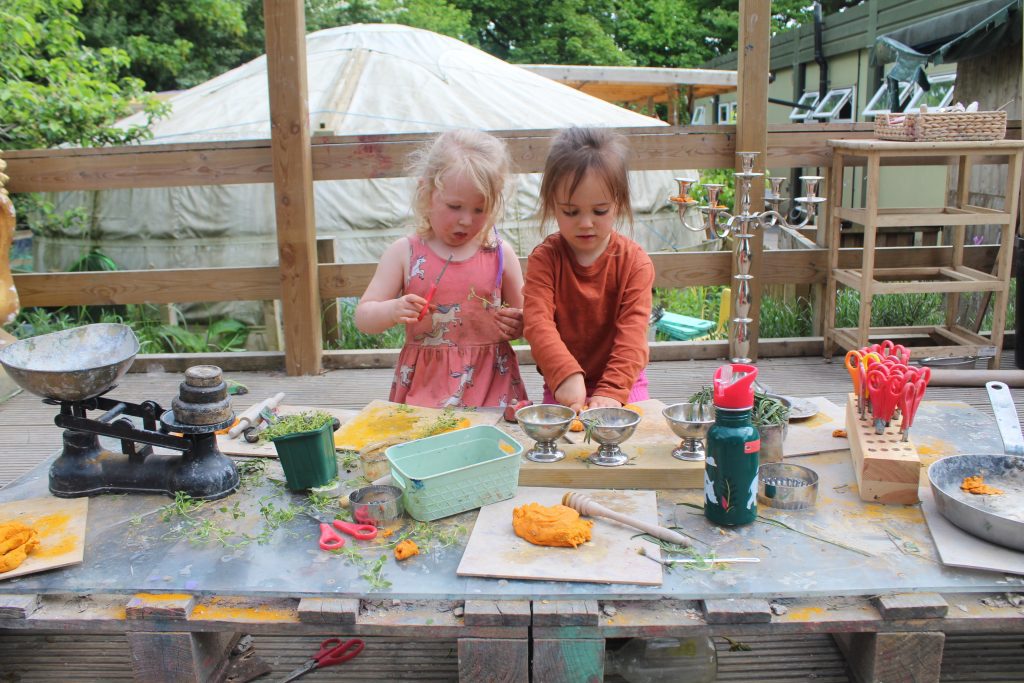
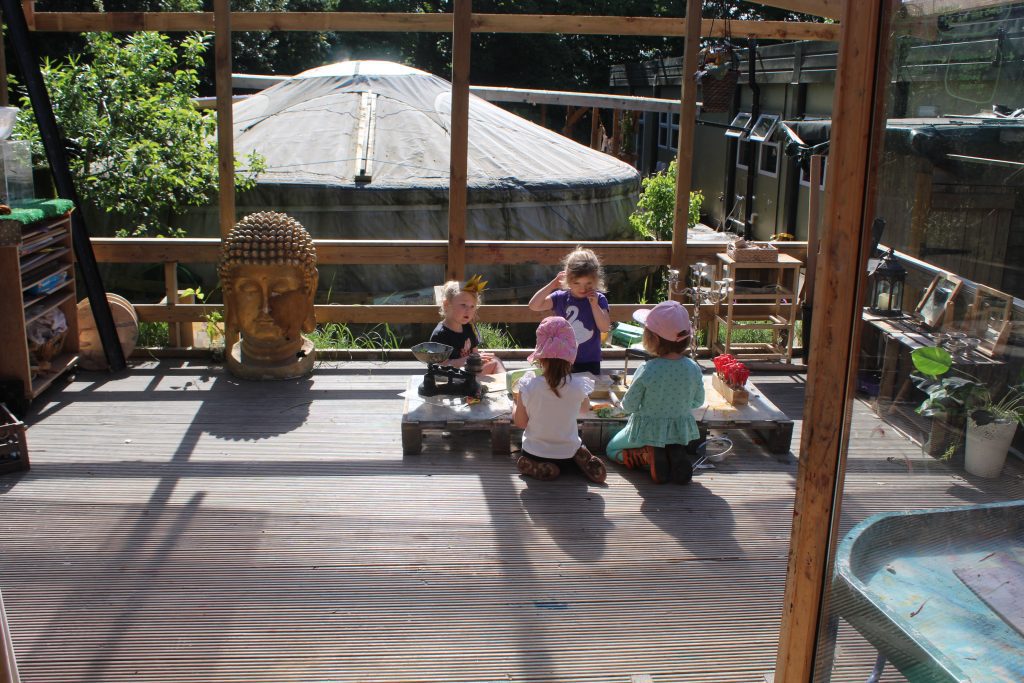 A
A